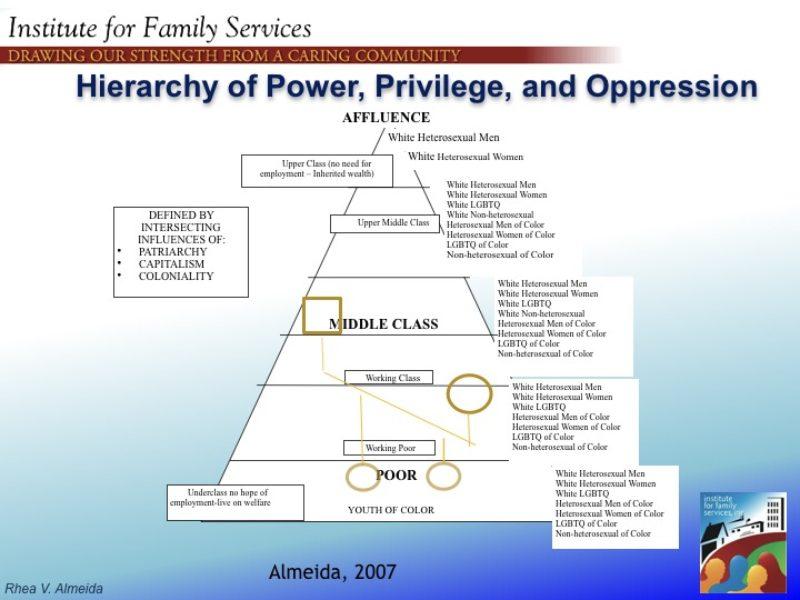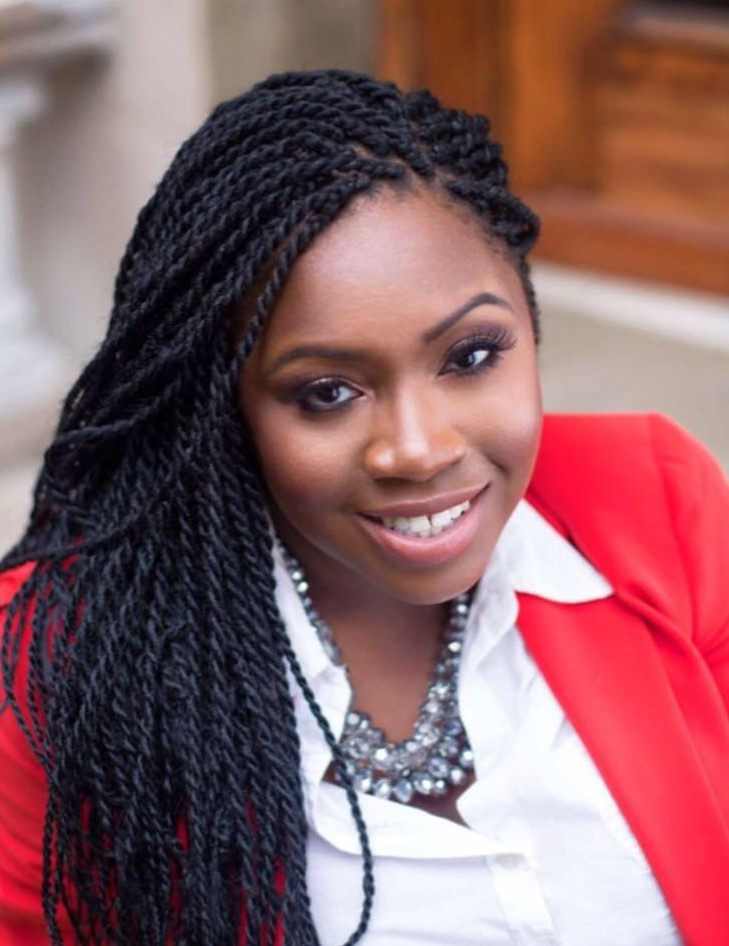Increasing Inclusivity of Scholarship and Practice for Social Workers

As part of a research project supported by the CUNY Adjunct Incubator, Tiffany Younger, an Adjunct Teacher of Human Behavior and the Social Environment at Hunter College Silberman School of Social Work, is developing a project which seeks to use more inclusive scholarship and practice in social workers training to move beyond the binary through a series of coffee chats, an informal place where people can get to know each other and talk about ways to infuse inclusive scholarship in both social work classrooms and in social work community partnerships and placements. The result of our chats and working groups will result in a public syllabus.
As schools of social work respond to evolving times and the heightened visibility of oppression towards marginalized groups, new challenges emerge for our profession to contend with. Despite strides made towards racial and economic equality through movements for justice, data continues to reflect the urgency of social workers’ roles within the lives of historically disempowered communities. The demand for social work professionals in direct practice settings is projected to grow, even within the context of neoliberalism, while social workers are also called to participate within the fields of policy and research, program development, advocacy, etc. Social work programs have varying models of how to provide students with a generalist foundation while increasingly being called to integrate opportunities for students to develop higher levels of sophistication in their skills to address the role of racism and other forms of oppression. Some of the challenges that come with this effort include curriculum development, both in process and content, as well as the level of preparation and support expected by and from faculty. The full integration of issues of structural and systemic inequality across all courses remains a challenge.
This project will be centered around the experiential intersections of social work students, professors and clients/field placement participants who engage in critical pedagogy around Power, Privilege, Oppression through a lens of Intersectionality. All participants of this project will present multiple perspectives and offer lessons regarding opportunities for further research and development as well as success stories.

